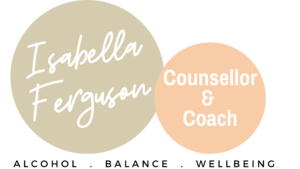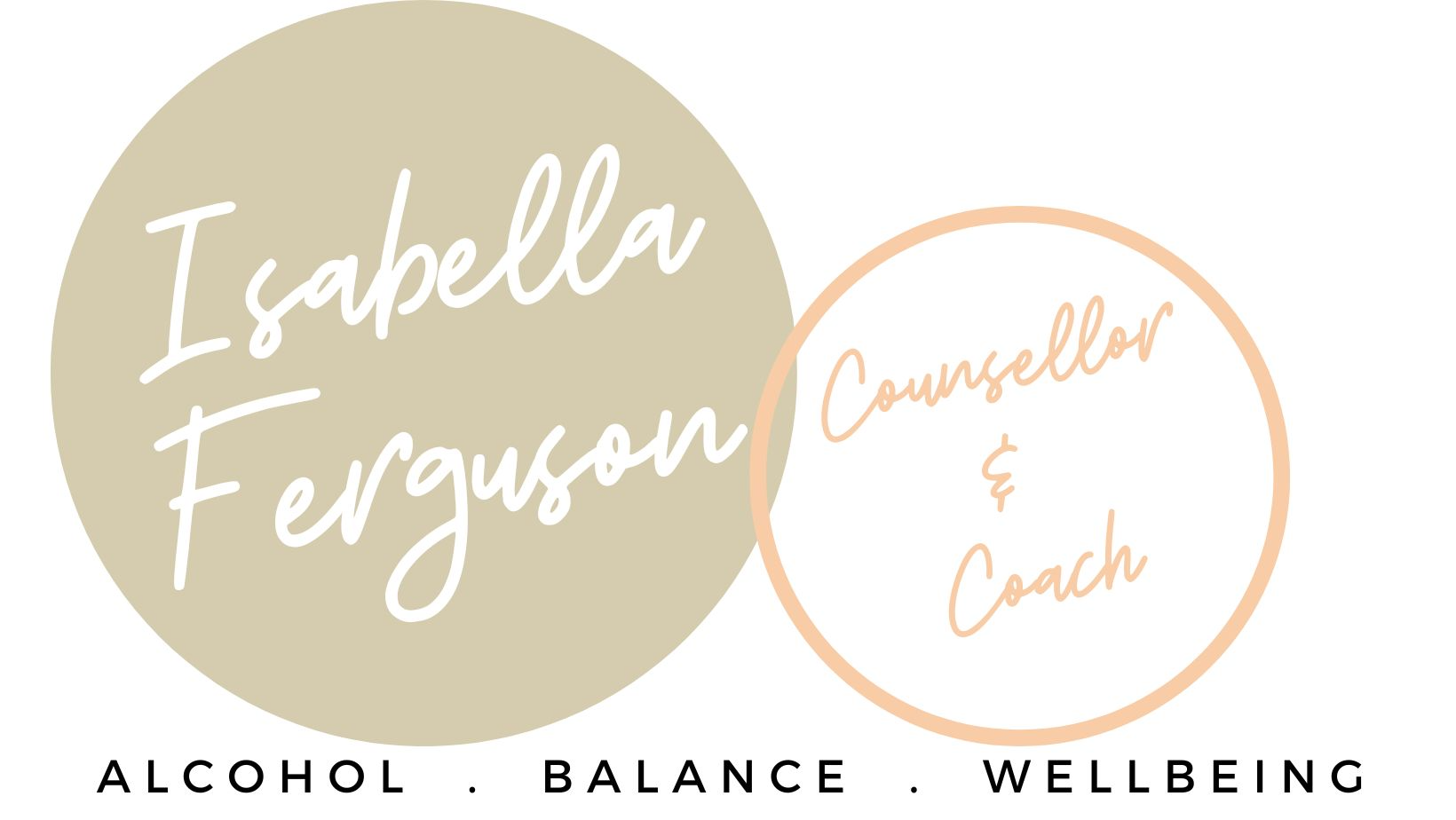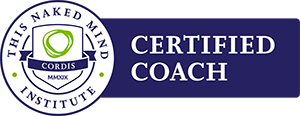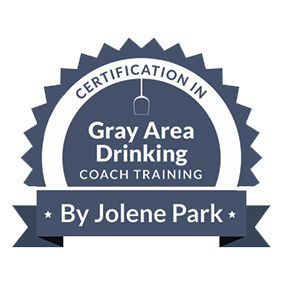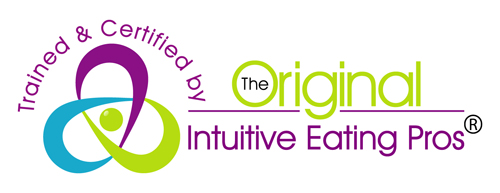Kids & Socialising
My very very basic tips
After school yesterday, my 13-year-old mentioned that at drama practice a few girls had asked for his mobile number. He said he couldn’t remember it (which was true). He was a little thrilled, a little scared and a little frustrated as he just wanted to be friends and now he felt it was a little awkward going to drama practice.
Anyway, I’m glad he mentioned it as it is nice to know where he is at and what is going on out there. I was also happy that he wanted a little guidance going forward.
On this front, I wasn’t very helpful. I just asked a few open questions and said that I was always here to help workshop a response he feels happy with if it happens again.
On the inside I was like, “oh, its happening… this social thing has hit a new level…!”
It was just another indicator that independence and all that that brings on the social front is calling loudly in our household.
I have created some very basic household rules with my kids around our expectations when they are socialising outside of school just to make sure we are all on the same page and I share them with parents who are keen to have the discussion with their kids about alcohol.
These are just a basic template that can be useful as starting point. I list these in the full knowledge that everybody’s household is different and that my tips are not going to suit everyone.
I also know that these rules do not guarantee that there will be no bumps in the road (I’d be silly if I did!) but I do believe it is incredibly helpful in starting the socialising conversation and highlighting to both of you that this is teamwork.
These are my very very basic tips:
- Create the rules together:
Create your household rules (or your expectations with your kids around socialising) with your kids. Pull out a notepad and pen or butchers’ paper and do it together. It only needs to take 30 minutes but collaborate and include them in the creation of them so they know them and own them. It also opens the door for them to feel like they can always talk about socialising rules with you. It creates mutual respect, trust and openness, the ingredients for good connection. (PS – I would go in knowing what your rules are but be flexible to tailor it a little to include their suggestion).
- 3 short & simple rules:
Create 3 short and simple household rules. Ours are:
- We always need to know and be happy with the details of where you are going, who you are with, if parents are supervising and how you are getting home. Plus you need to be contactable (have your phone on!)
- Socialising is important but it is also teamwork between us and you in terms of making sensible decisions and keeping us informed of the details
- You can come to us with anything and tell us anything that happened when you are out and about and we will react calmly in the moment, check the facts and talk to you about our response. If there is a safety issue then of course we need to do what we believe we need to do.
- Be flexible with your rules as they get older:
Be flexible. Your rules for a 13 year old will be different for a 15 year old and so on.
Good luck out there in the socialising wilderness!
If you would like some additional tips on how to talk to your kids specifically about alcohol:
Isabella
